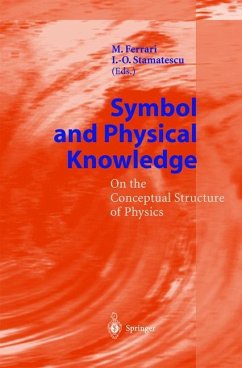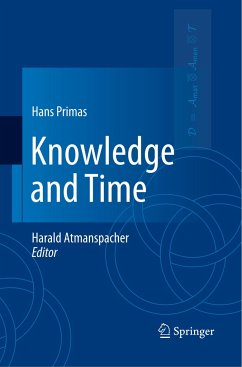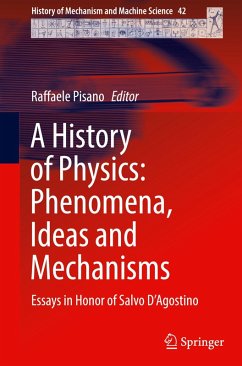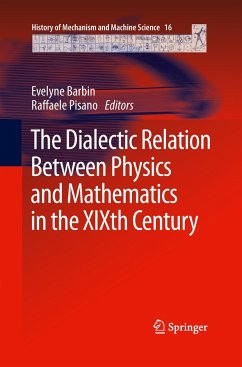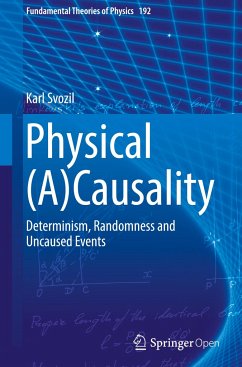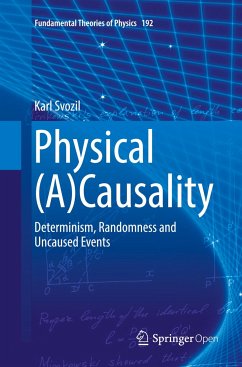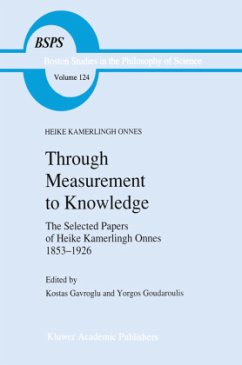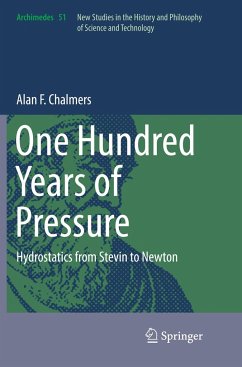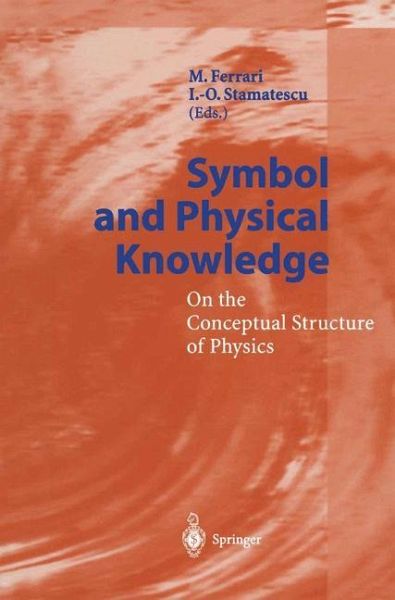
Symbol and Physical Knowledge
On the Conceptual Structure of Physics
Herausgegeben: Ferrari, M.; Stamatescu, I.-O.
Versandkostenfrei!
Versandfertig in 6-10 Tagen
38,99 €
inkl. MwSt.

PAYBACK Punkte
19 °P sammeln!
The question of the symbolic structure of physics is implicitly involved in any discussion about the character of physical knowledge and the development of physical theories. Actually many discussions would greatly profit from an explicit reference to and an investigation of this question, and much confusion may be avoided in this way. A book directly addressing the use and character of symbols in physics may help provide a point of view which is in the back ground of any consideration in the theory of knowledge and which is, to be sure, very relevant today, but - strangely enough - often seem...
The question of the symbolic structure of physics is implicitly involved in any discussion about the character of physical knowledge and the development of physical theories. Actually many discussions would greatly profit from an explicit reference to and an investigation of this question, and much confusion may be avoided in this way. A book directly addressing the use and character of symbols in physics may help provide a point of view which is in the back ground of any consideration in the theory of knowledge and which is, to be sure, very relevant today, but - strangely enough - often seems to be missing as an explicit and central perspective in the present epistemological debates. The concept of symbol has different meanings. Its wide diffusion in various cultural fields such as religion, mythology, art, and psychoanalysis, constitutes the best proof of its semantic variety, but also of the danger of using it in too vague a way. We start here from the concept of symbol conceived in the general sense of a sign or a material medium which is able, on the one hand, to communicate mental or conceptual contents and, on the other hand, to des ignate things or situations in the world. In this way symbols make it possible for human knowledge to "translate" the mental activity grasping the real ity in conceptual frames, formal or natural languages, scientific propositions, theories and so on.





